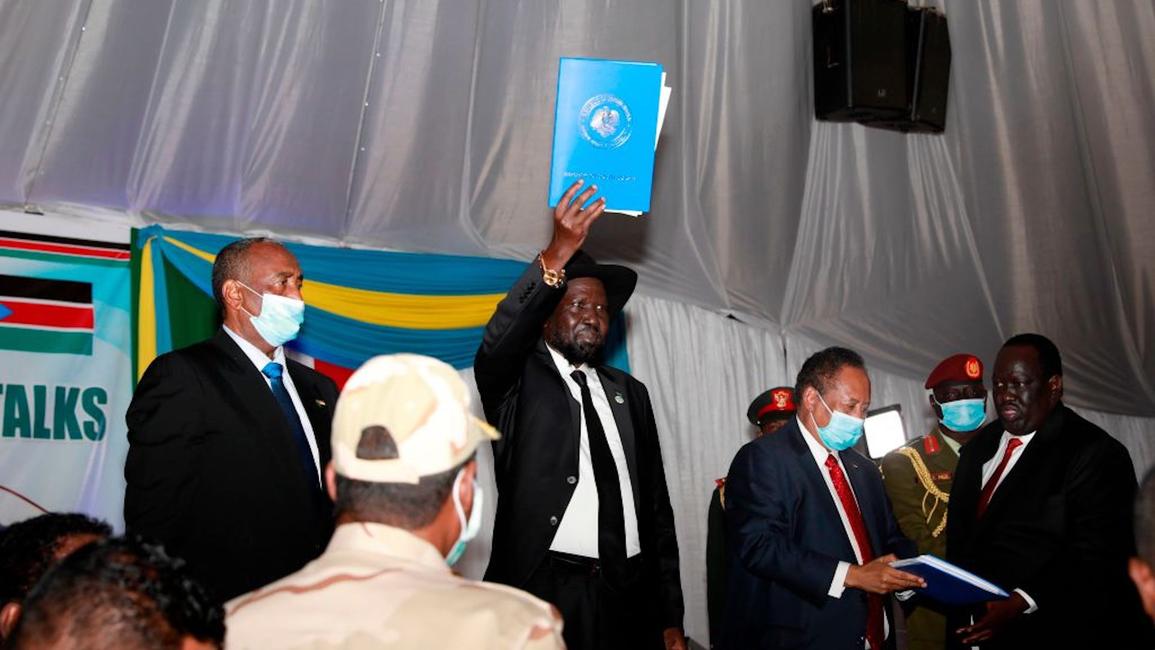Sudan to ink 'final' peace deal with rebels on Oct 2: chief mediator
The "final signing" of a peace agreement between Sudan's government and rebel groups is set for October 2 in the South Sudanese capital Juba, the talks' chief mediator announced Sunday.
"The second of October is the date for the final signing of the peace agreement between the government and the 'parties to the peace process'," Tut Gatluak, head of the mediation team and South Sudan's presidential adviser on security affairs wrote on Twitter.
Gatluak did not elaborate and further details were not immediately available.
Sudanese authorities and leaders from the Sudan Revolutionary Front (SRF), a coalition of rebel groups, initialled a historic peace agreement on August 31 in Juba aimed at ending nearly two decades of conflict that has killed hundreds of thousands of people, particularly in western Darfur.
Established in 2011, the SRF brings together rebels from the war-ravaged western Darfur region, as well as the southern states of Blue Nile and South Kordofan.
Prime Minister Abdallah Hamdok signed a separate agreement in Ethiopia with a faction of the rebel Sudan People's Liberation Movement-North (SPLM-N), which had refused to agree to the deal struck in Juba, officials on both sides said on Friday.
Reaching a peace accord with rebel groups has been a priority of Sudan's transitional government, which came to power after the April 2019 ouster of long-time autocrat Omar al-Bashir following months of mass protests.
The deal covers key issues around security, land ownership, transitional justice, power sharing and the return of people who fled their homes because of fighting.
Read also: Sudan declares state of emergency as flood death toll rises to 99
It also provides for the dismantling of rebel forces and the integration of their fighters into the national army.
Fighting in Darfur alone left around 300,000 people dead after rebels took up arms in 2003.
Conflict in South Kordofan and Blue Nile erupted in 2011 as South Sudan seceded from Sudan, resuming a war that had raged from 1983 to 2005.
Follow us on Facebook, Twitter and Instagram to stay connected



